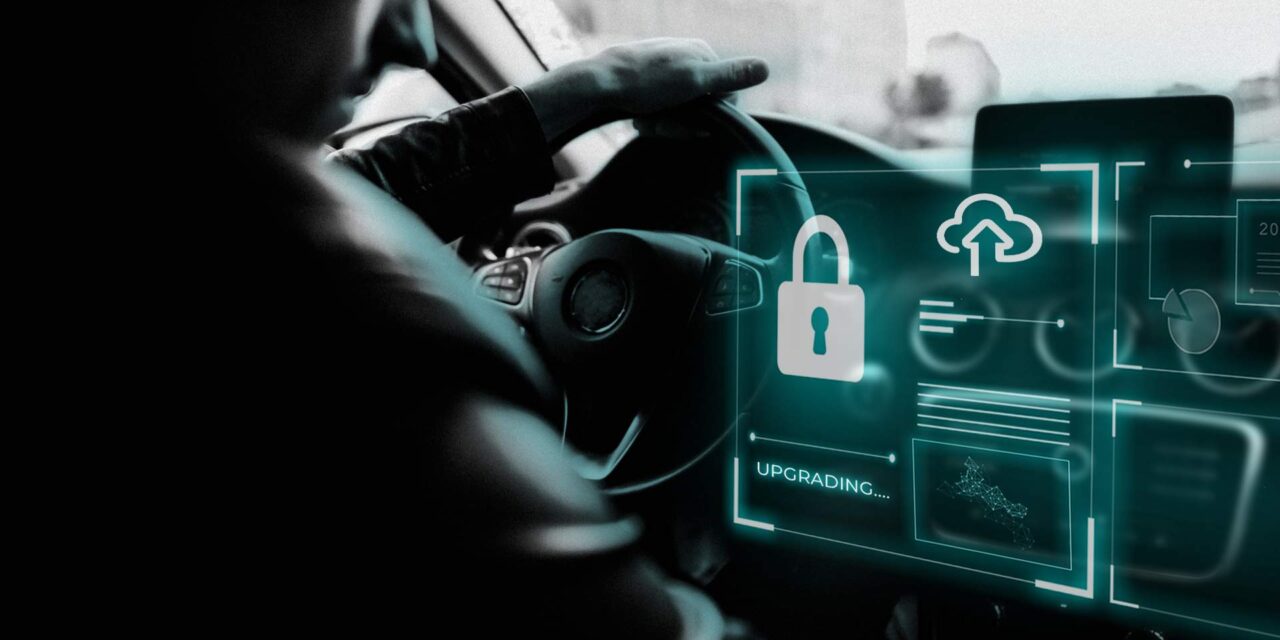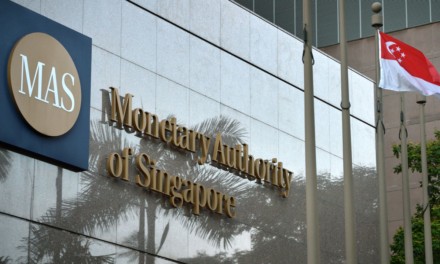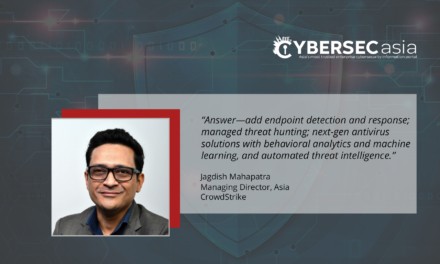The country’s largest taxi operator turns to AI-driven cybersecurity upgrades to protect its critical national infrastructure.
Indonesia’s largest taxi operator has undergone much digital transformation through implementing digital apps and online payment services.
However, in the face of escalating cyber threats in the sector, Bluebird Group has invested in technology to protect its digital estate and its over-2,000 employees and millions of commuters and customers using its containers, charter buses and logistics services.
Studies have shown that the transport sector is among those most targeted across the Asia Pacific region, alongside financial services, manufacturing and the information and communications industries. Therefore, as a critical national infrastructure, the transport giant’s IT team sought an AI-driven cybersecurity solution that could autonomously stop in-progress attacks while allowing business operations to continue uninterrupted.
Another important prerequisite was to uplift the security team’s abilities to defend against intellectual property theft and disruptive attacks like ransomware and supply chain attacks. An AI-automated system was envisioned to continually learn to detect and intercept all such threats.
The firm’s CEO, Sigit Djokosoetono, noted: “Bluebird is committed to putting safety and security at the heart of our business, from the consumer experience through to our IT ecosystem,” adding that its latest cybersecurity technology upgrade has “bolstered the ability of our security team to keep pace with the evolving threat landscape and are protecting our customers and employees from cyber-threats with cutting-edge technology.”
According to Tony Jarvis, Director of Enterprise Security (Asia Pacific and Japan), Darktrace, which supplied the cybersecurity upgrade: “The transport sector is part of any nation’s critical infrastructure. Disruption to the public’s ability to move around not only has knock-on effects for the economy but could threaten individuals’ safety. Bluebird is a shining example for the transport sector globally, prioritizing defensive technology that is designed to minimise cyber disruption whilst keeping the lights on.”

















